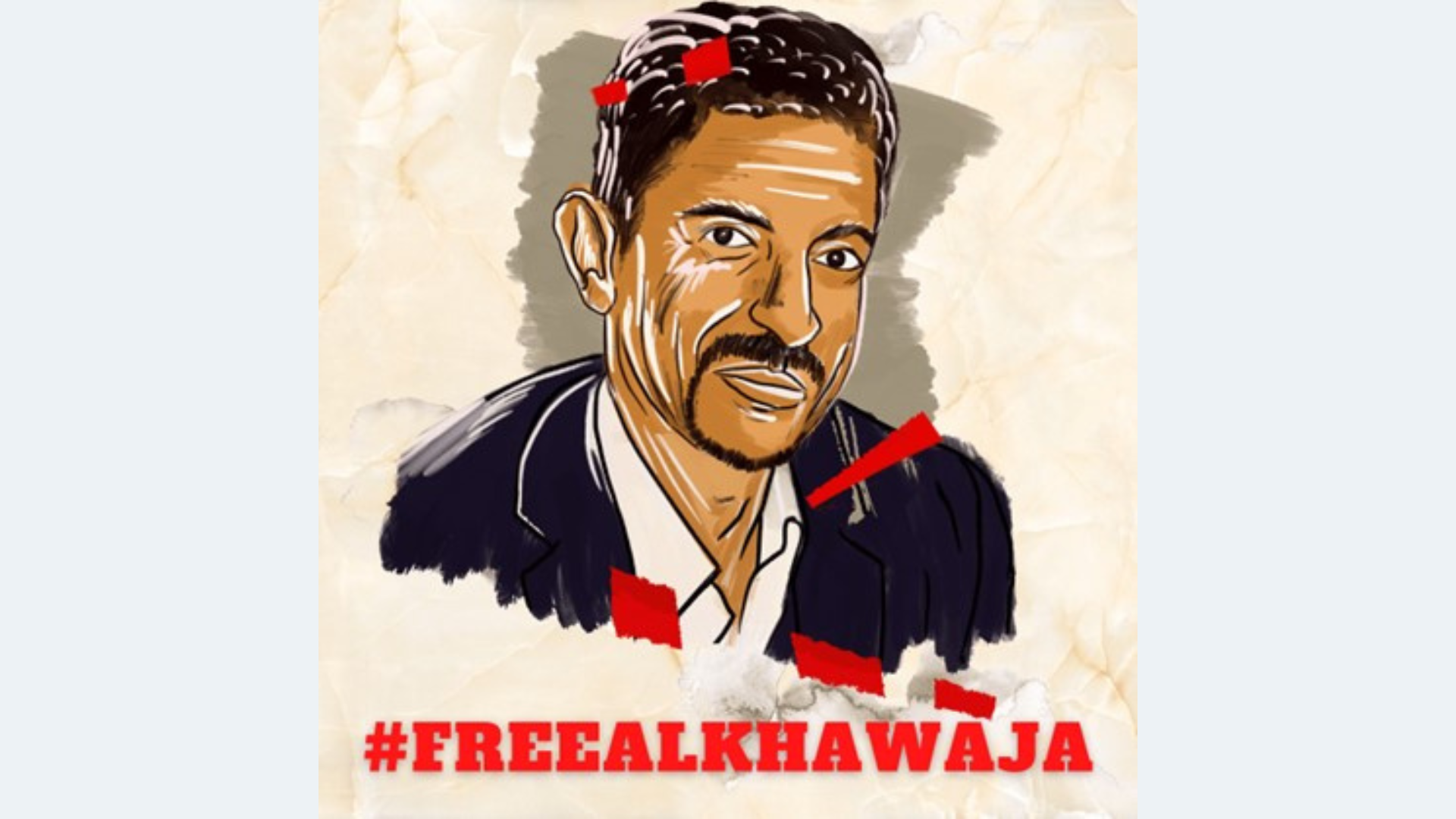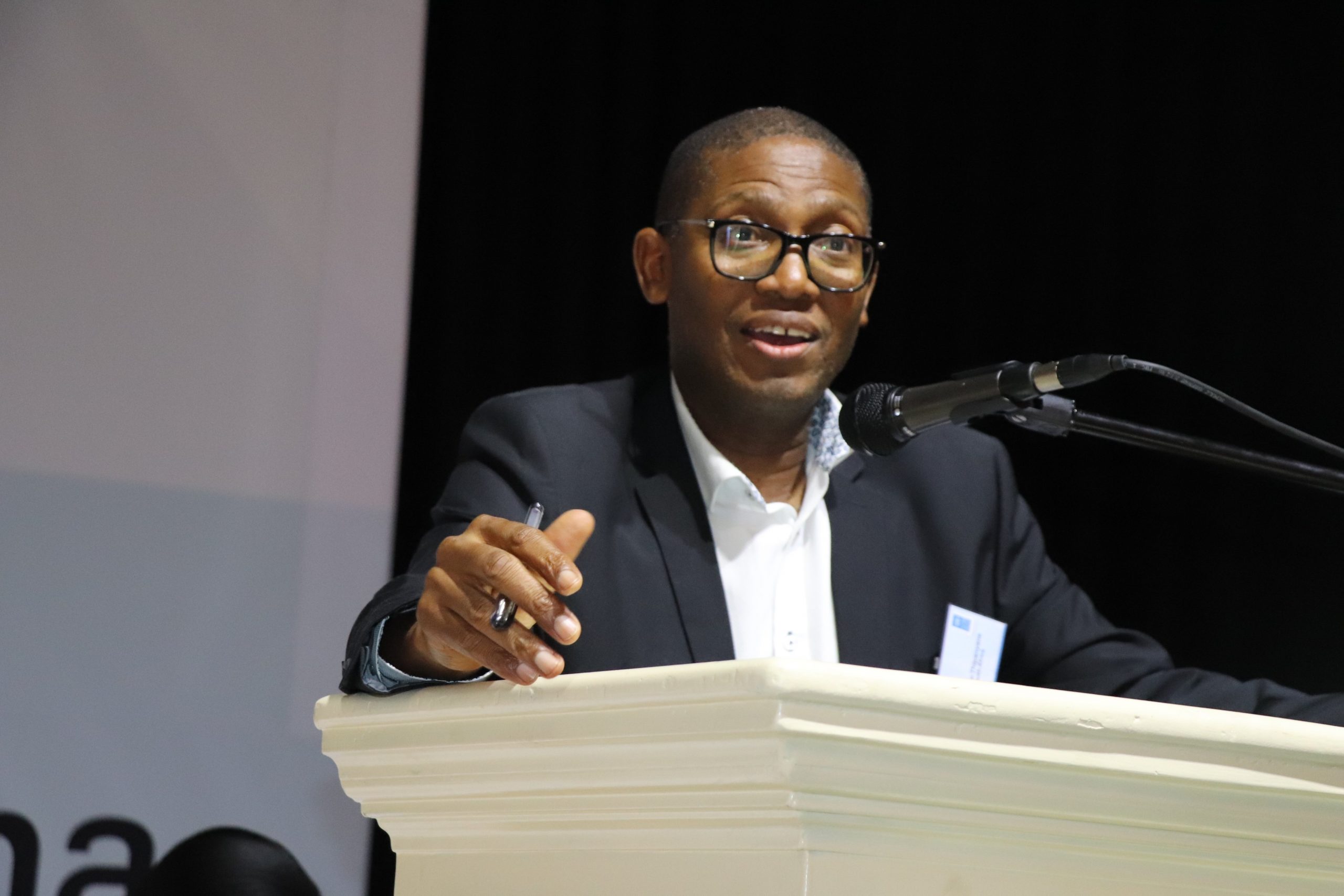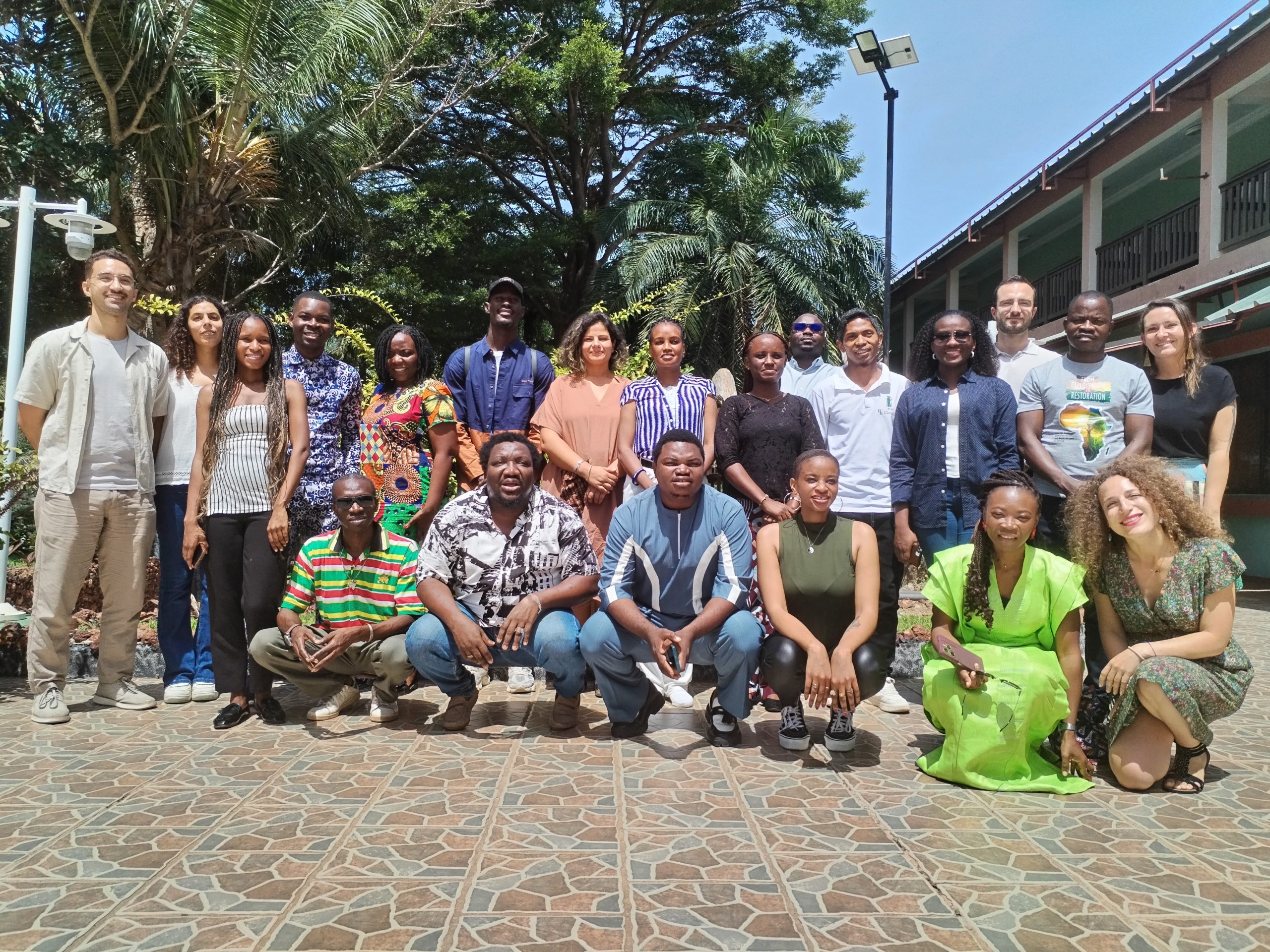On 25 November the Commission organised a panel on the Role of National Human Rights Institutions (NHRIs) in the Work of the Commission. The panel was chaired by Commissioner Jamesina King who was joined by Mr. Gilbert Sebihogo, Executive Director of the Network of African National Human Rights Institutions and Mr. Tseliso Thipanyane, Chief Executive Officer of the South African Human Rights Commission.
It served as an opportunity to brainstorm on how to increase co-operation between NHRIs and the Commission, in order to fulfil their common mandates of promoting and protecting human rights in Africa.
Articles 45 (1)(a) and (c) of the African Charter mandates the African Commission on Human and Peoples’ Rights (the Commission) to “encourage local and national institutions concerned with human and peoples’ rights,” and to “cooperate with other African and international institutions concerned with the promotion and protection of human and peoples’ rights.” The Commission is thus mandated to partner with other key players, including NHRIs, in the promotion and protection of human rights in Africa.
To facilitate its collaboration with NHRIs, the Commission grants affiliate status to NHRIs which meet the stipulated criteria pursuant to Resolution ACHPR/Res. 370 (LX) 2017 on the Granting of Affiliate Status to National Human Rights Institutions and specialized human rights institutions in Africa, adopted during the 60th Ordinary Session in May 2017. As at the 66th Ordinary Session, twenty-eight national institutions have been granted affiliate status with the Commission. Resolution 370 requires that NHRIs with affiliate status present their activity reports to the Commission every two years, and allows them to take part in the Sessions of the Commission. However, the level of involvement of these institutions in the work of the Commission remains marginal. “There is thus a need for both the Commission and NHRIs to enhance their cooperation and consolidate their relationship by exploring the possibilities to improve this relationship” said Commissioner King.
In his intervention, Gilbert Sebihogo insisted on the synergies between the mandates of the Commission and the one of NHRIs and that even if the Commission can’t fulfil its mandate at the national level without creating relationships with national bodies there is still a big gap that needs to be filled, explored and discuss in comparison to what the relationship is to this day. He admitted that NHRIs don’t respond positively to the rights that are afforded to them at the ACHPR even though we note a growing number of NHRIs delivering statements to update the Commission on the human rights situation in their countries during the ordinary sessions. Compared to NGOs, NHRIs are still working to duplicate the same level of involvement but are yet to reach the same level of participation to the ordinary sessions. One of the reasons could be the low number of credible and independent NHRIs in Africa and the Commission has a key role to play to improve this.
Tseliso Thipanyane then emphasised that the success of the Commission depends on the critical role played by NHRIs. More than even before, our relationship needs to be stronger. He suggested the creation of a unit solely focused on reinforcing the relationship of the Commission with NHRIs and the allocation of the necessary resources to nurture this relationship. He highlighted that some governments being very shy in reporting the state of human rights in their country, NHRIs play a key role in doing so and invited all NHRIs in Africa to collaborate more mentioning that they can’t work in isolation or collaborate only once a year when meeting in Banjul during the ordinary sessions of the Commission.
Finally, Commissioner King expressed her willingness to continue a wider discussion on how the Commission can strengthen their relationship with States, NHRIs and CSOs who also work very closely with NHRIs, for the realisation of human rights in Africa.
Contact : Adélaïde Etong Kame, Africa Programme Manager, [email protected]
Photo : UNDP




